Hi there, pet lovers! 🦎
Respiratory infections are one of the most common health issues that reptiles, including snakes and lizards, can face. These infections can be alarming, but with the right knowledge and care, they are often preventable and treatable. In this post, we’ll dive deep into what respiratory infections are, what causes them, how to spot the symptoms, and most importantly, how to prevent and treat them. Whether you’re a seasoned reptile owner or new to the world of scaly companions, this guide will equip you with the tools to keep your pet healthy and thriving.
Overview
Respiratory infections in reptiles are typically caused by bacteria, viruses, or fungi and often occur when the immune system is compromised due to stress or improper environmental conditions. Common symptoms include labored breathing, mucus discharge, lethargy, and loss of appetite. Prevention focuses on maintaining proper temperature, humidity, and hygiene in the enclosure, while treatment often requires veterinary intervention, including antibiotics or antifungal medications. Early detection and proper care are crucial for a full recovery.
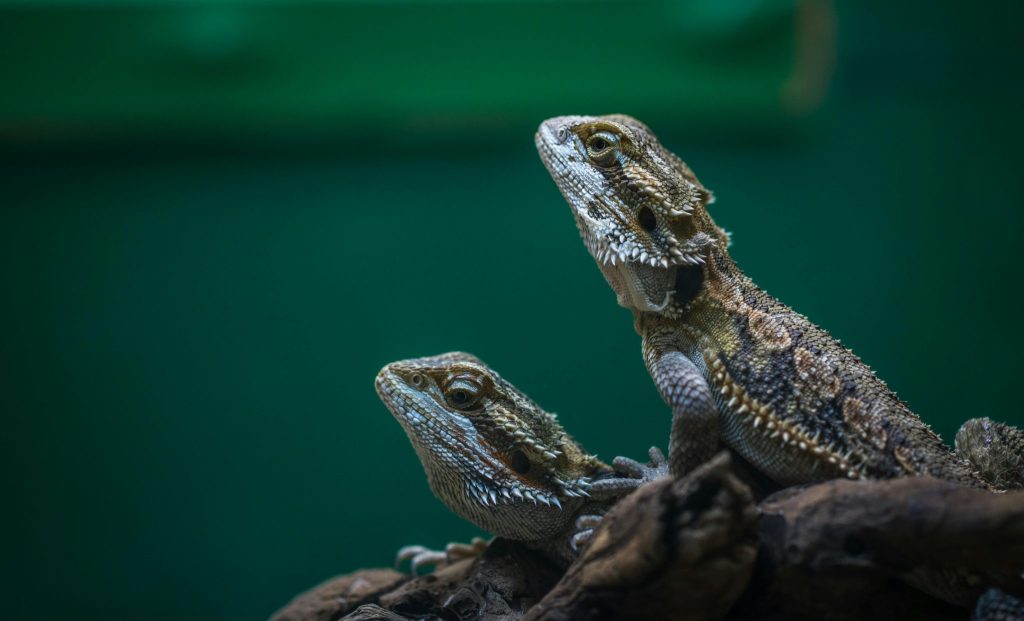
What Causes Respiratory Infections in Reptiles?
Respiratory infections don’t just happen out of the blue. They are often the result of environmental or husbandry issues that weaken your reptile’s immune system. Here are the most common causes:
- Improper Temperatures: Reptiles rely on external heat sources to regulate their body temperature. If their enclosure is too cold, their metabolism slows down, making them more susceptible to infections.
- Incorrect Humidity Levels: Too much or too little humidity can irritate the respiratory tract or create an environment where harmful bacteria and fungi thrive.
- Poor Enclosure Hygiene: Dirty enclosures with waste, uneaten food, or stagnant water are breeding grounds for pathogens.
- Stress: Overhandling, overcrowding, or sudden changes in the environment can stress your reptile, weakening its immune system.
- Exposure to Pathogens: Introducing a new reptile without proper quarantine can spread infections to other pets.
Understanding these causes is the first step in preventing respiratory infections.
Signs Your Reptile May Have a Respiratory Infection
Reptiles are experts at hiding illness, but there are clear signs that something is wrong. If you notice any of the following symptoms, it’s time to take action:
- Labored Breathing: Wheezing, clicking sounds, or visible effort when breathing are red flags. Open-mouth breathing is a severe symptom.
- Mucus Discharge: Bubbles, foaming, or mucus around the nose, mouth, or eyes are common signs.
- Lethargy: A normally active reptile that becomes sluggish or unresponsive may be unwell.
- Loss of Appetite: A sudden disinterest in food, especially in a usually eager eater, is concerning.
- Abnormal Posture: Reptiles with respiratory infections often extend their necks or elevate their heads to make breathing easier.
- Gurgling or Crackling Noises: These sounds indicate fluid buildup in the respiratory tract.
If you observe any of these symptoms, consult a reptile veterinarian immediately. Early intervention can make all the difference.
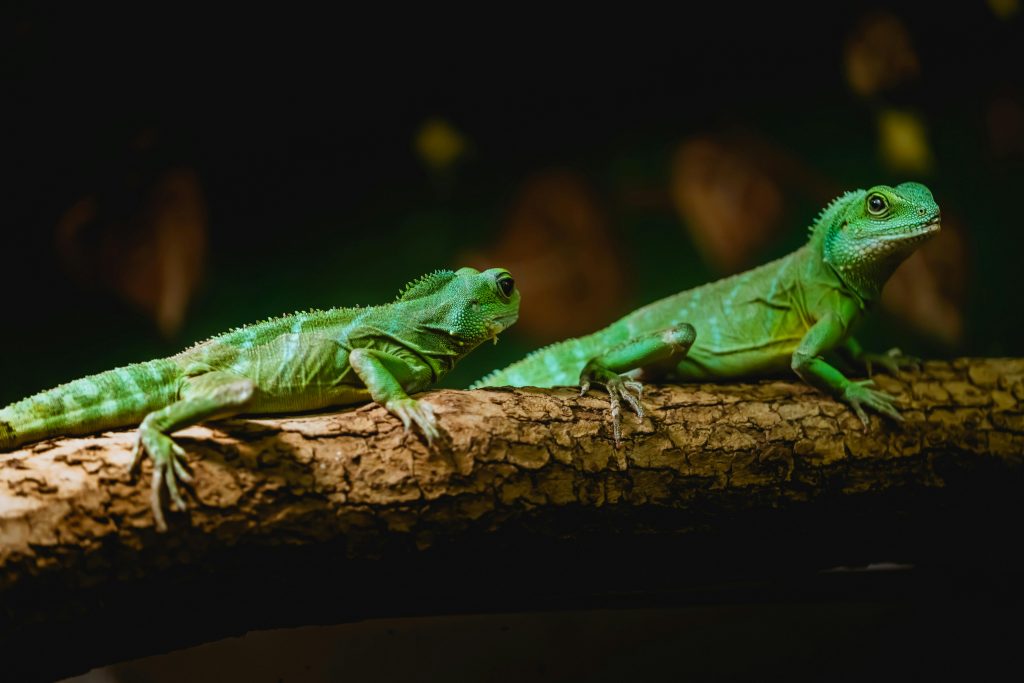
How to Prevent Respiratory Infections
Prevention is always better than cure. Here are some key steps to create an environment that supports your reptile’s health:
- Perfect the Temperature Gradient:
Each species has specific temperature needs. Use a thermostat to maintain consistent basking and ambient temperatures. This helps keep their metabolism and immune system functioning optimally. - Monitor Humidity Levels:
Use a hygrometer to ensure humidity stays within the ideal range for your reptile. Tropical species need higher humidity, while desert species thrive in drier conditions. - Maintain Strict Hygiene:
Spot-clean the enclosure daily to remove waste and uneaten food. Perform a deep clean at least once a month to prevent bacterial and fungal growth. - Reduce Stress:
Provide hiding spots, proper substrate, and a well-designed enclosure. Avoid excessive handling, especially during sensitive times like shedding. - Quarantine New Arrivals:
Always quarantine new reptiles for at least 30 days before introducing them to others. This helps prevent the spread of pathogens. - Provide Proper Nutrition:
A balanced diet tailored to your reptile’s species is essential for a strong immune system. Consider adding supplements if needed.
By following these steps, you can significantly reduce the risk of respiratory infections.
Treating Respiratory Infections
If your reptile develops a respiratory infection, prompt action is crucial. Here’s what you should do:
- Consult an Exotic Veterinarian:
Respiratory infections require professional care. Your vet will likely perform a physical exam, run tests, and prescribe antibiotics or antifungal medications. - Adjust the Enclosure Environment:
Slightly increase temperatures within safe limits to support your reptile’s immune system. Ensure humidity levels are ideal for recovery. - Provide Supportive Care:
Keep your reptile hydrated by offering fresh water and shallow soaks. Hydration is key to recovery. - Administer Medications as Directed:
Follow your vet’s instructions carefully. Skipping doses or stopping treatment early can lead to incomplete recovery or antibiotic resistance. - Monitor for Improvements:
Keep a close eye on your reptile’s behavior, breathing, and appetite. Recovery may take time, but noticeable improvements should occur with proper care.
What Happens If Respiratory Infections Are Left Untreated?
Ignoring a respiratory infection can have serious consequences. Untreated infections can lead to:
- Pneumonia: A severe lung infection that can be life-threatening.
- Chronic Health Issues: Long-term damage to the respiratory system.
- Spread to Other Reptiles: Respiratory infections are highly contagious and can affect your entire collection.
Early intervention is critical to prevent these complications.
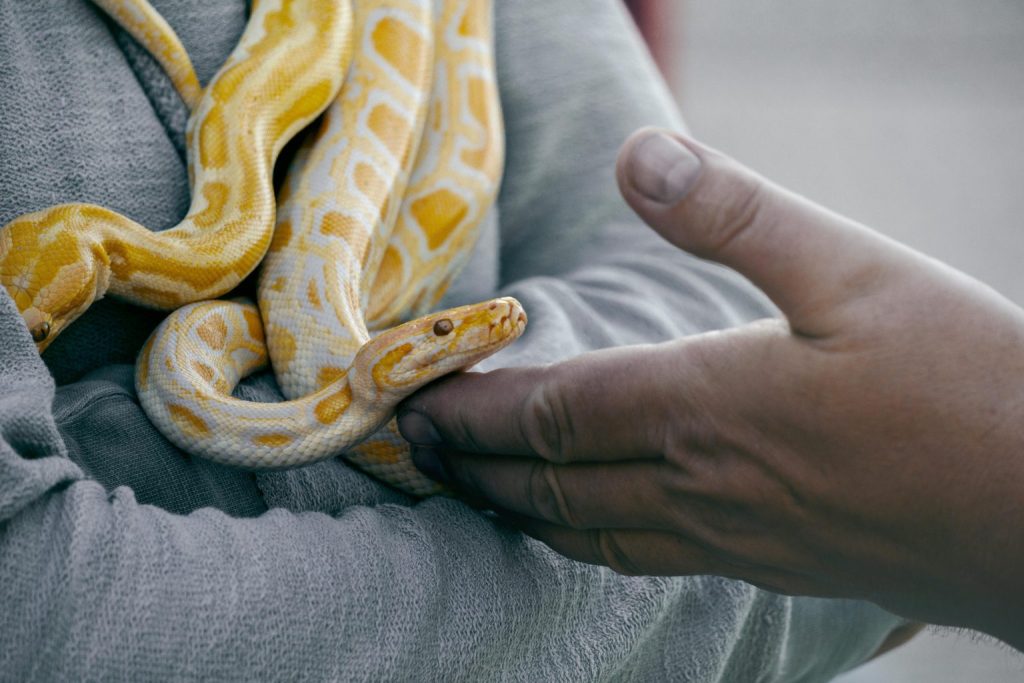
Final Thoughts
Respiratory infections may seem daunting, but with proper care and attention, they are often preventable and treatable. By maintaining a clean, stress-free, and well-regulated environment, you can help your reptile stay healthy and happy.
If your reptile does fall ill, don’t hesitate to seek professional help. Early detection and treatment can save your pet’s life and prevent the spread of infection to other reptiles.
We hope this guide has provided you with a comprehensive understanding of respiratory infections in reptiles. If you have any questions or experiences to share, feel free to leave a comment below. Your reptile’s health and happiness are our top priority!
For more reptile care tips and reviews, stay tuned to our blog and don’t forget to subscribe to our newsletter! 🦎

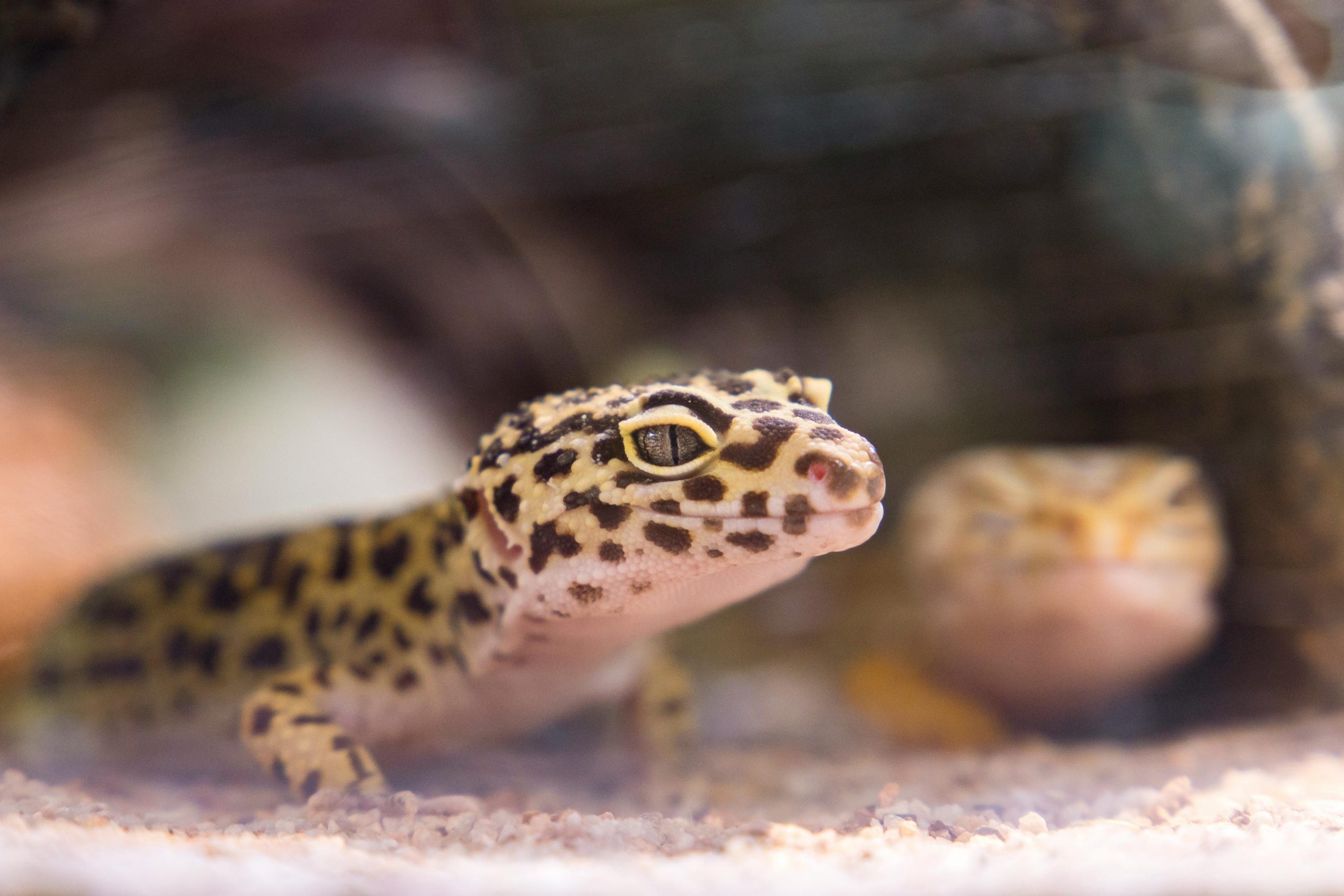

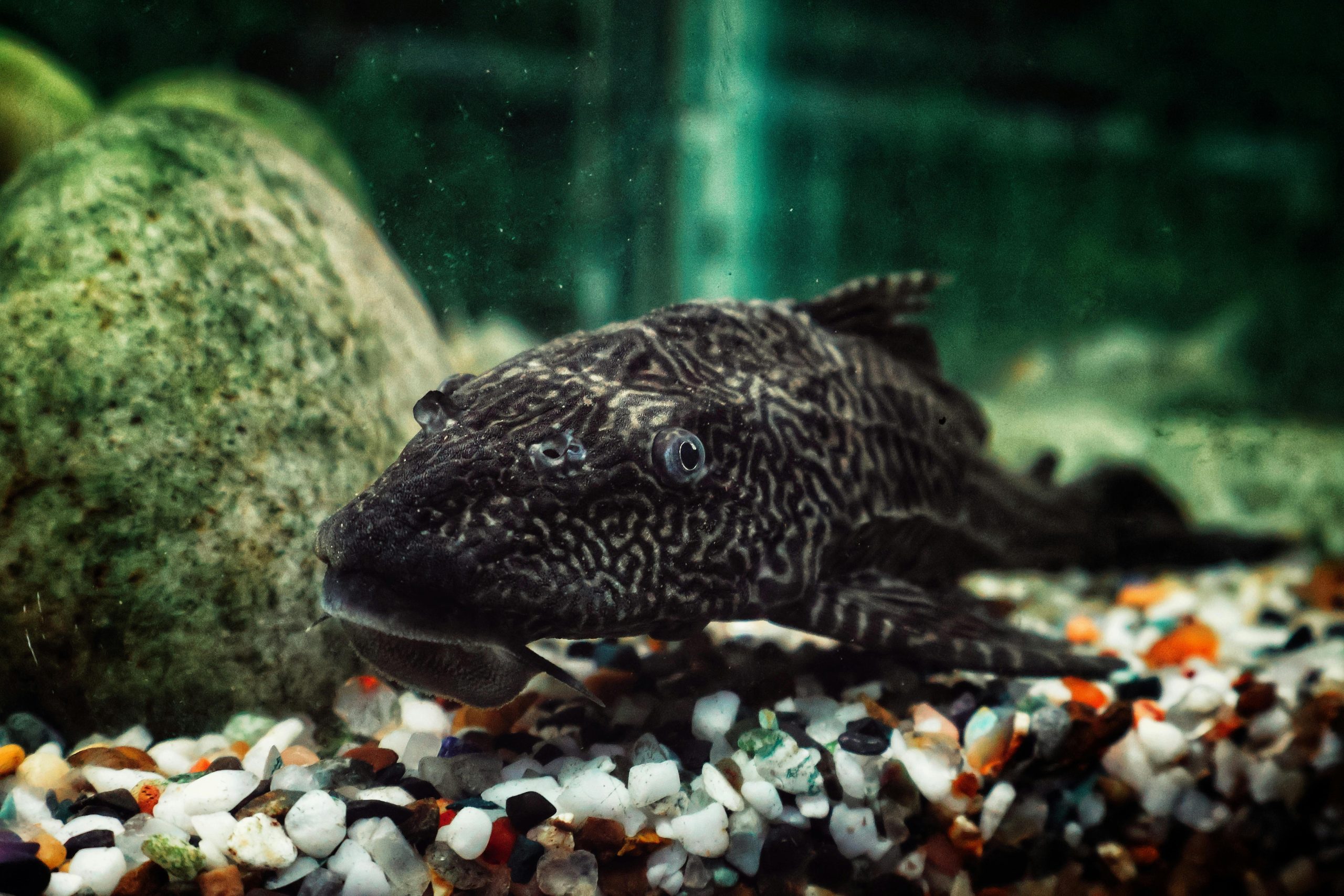
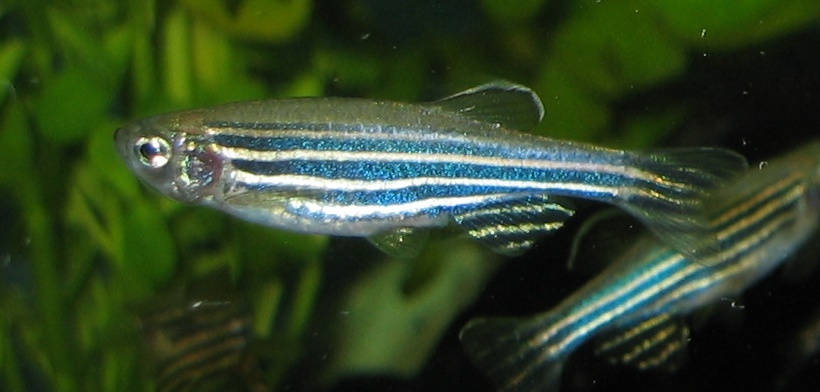
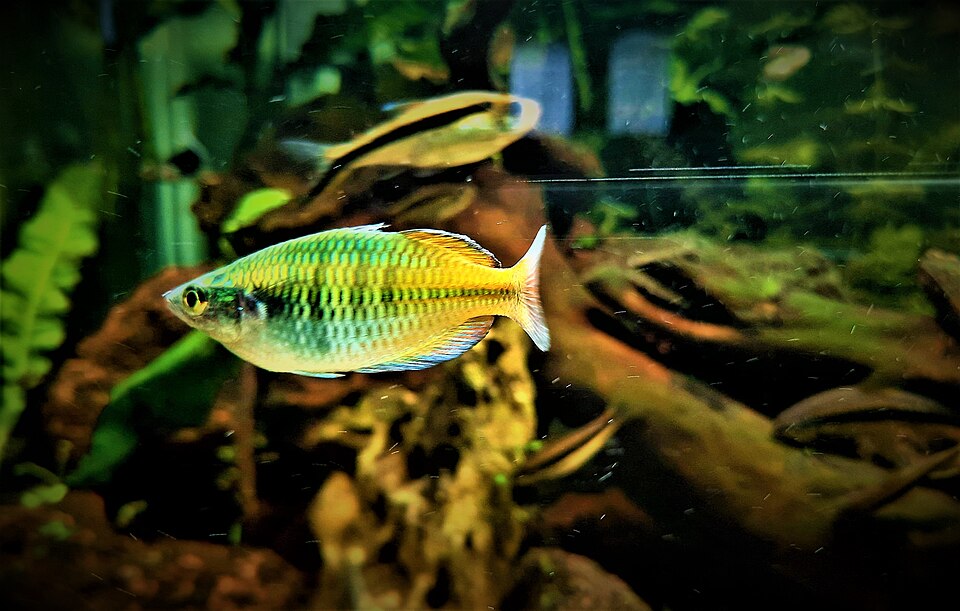
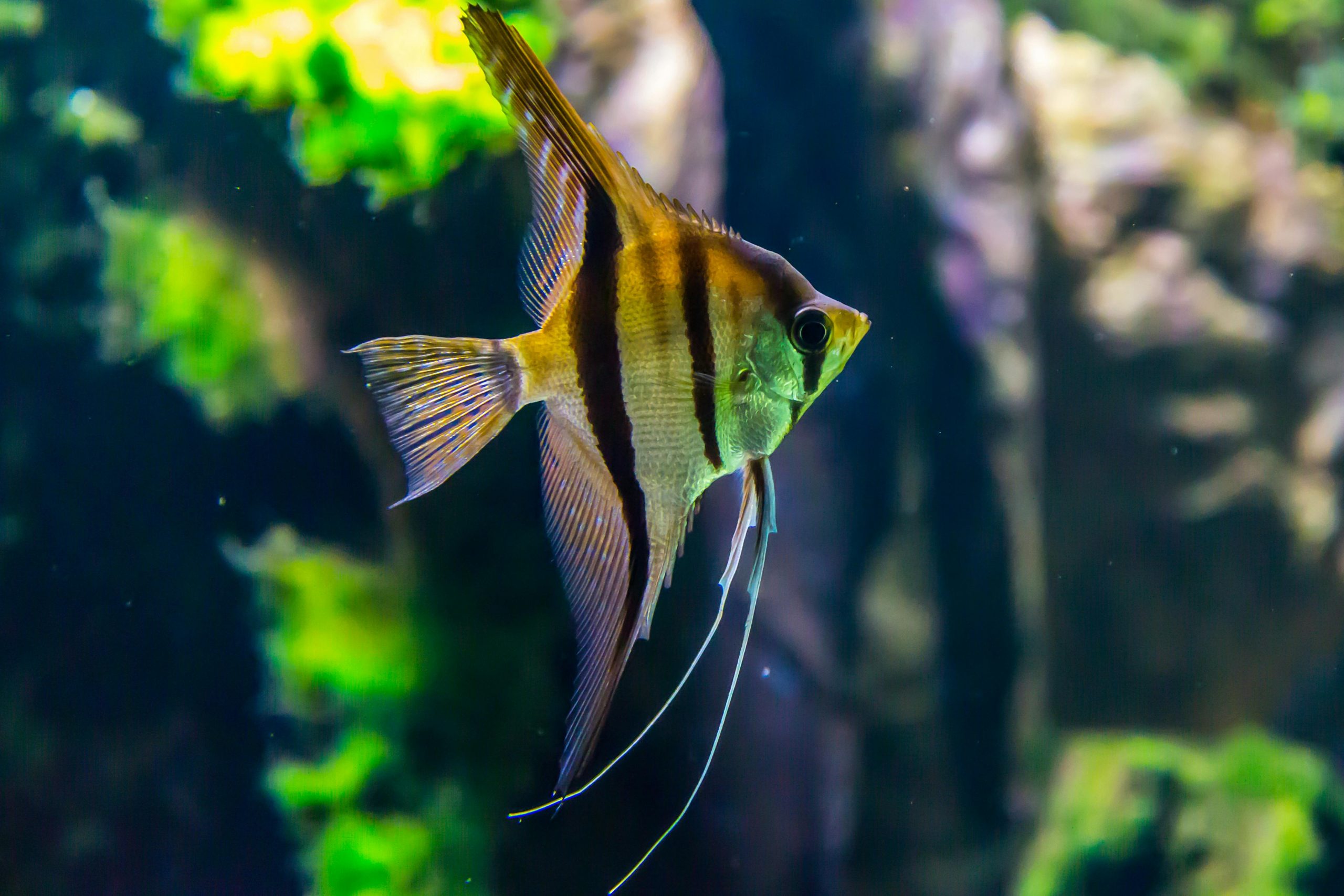
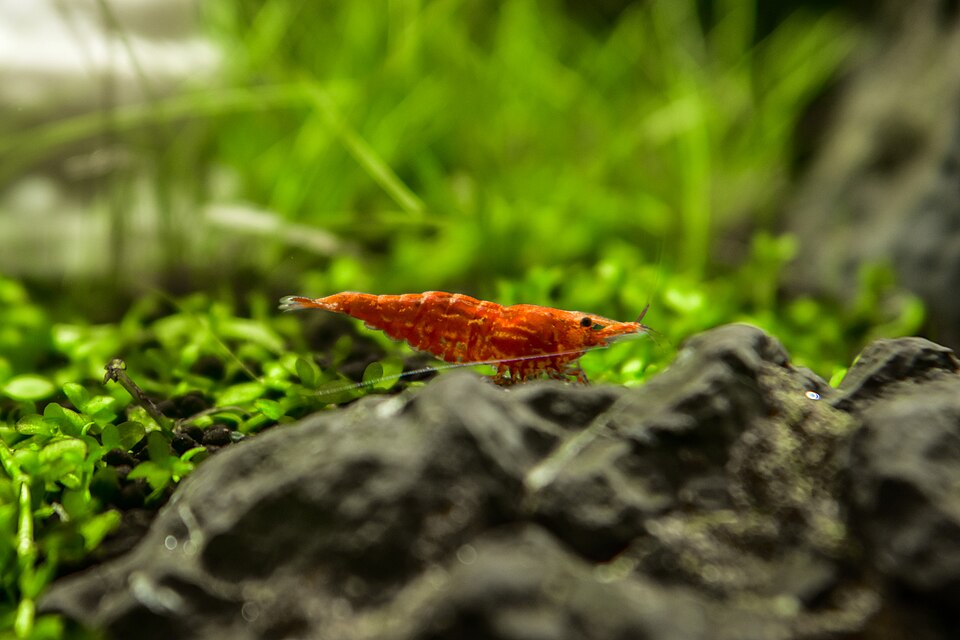
Leave a Reply